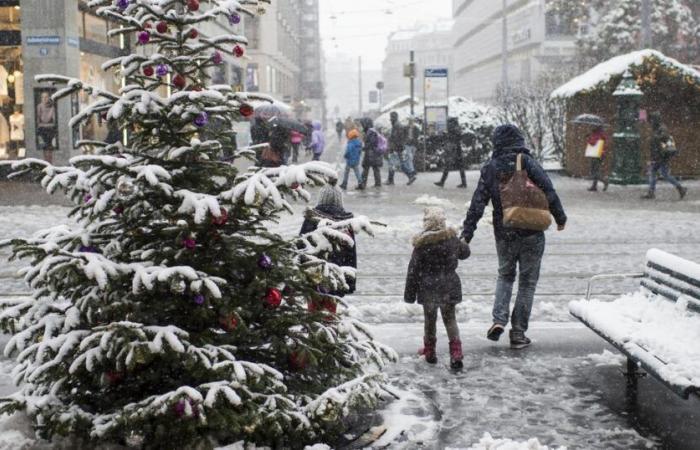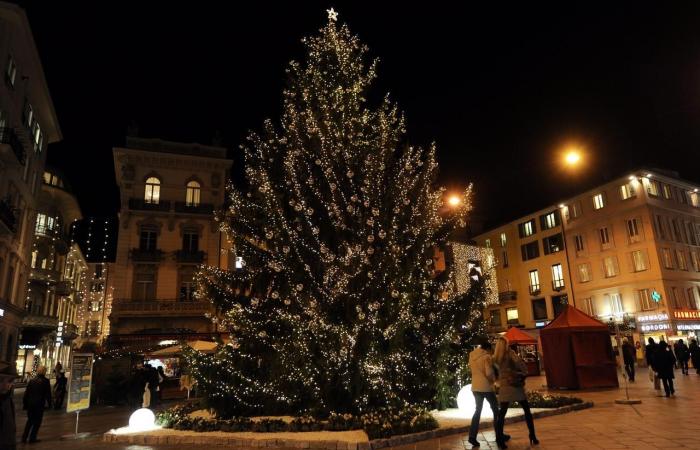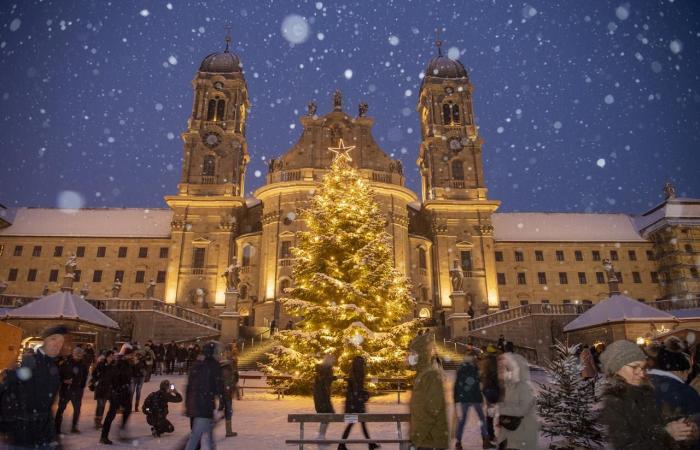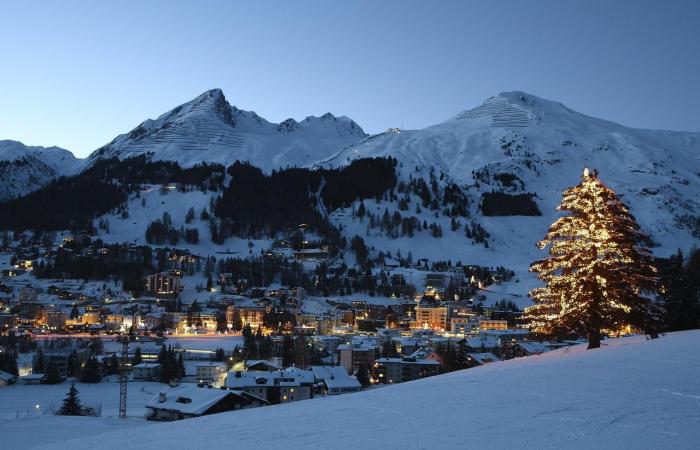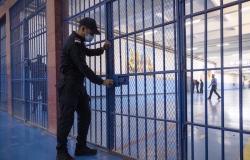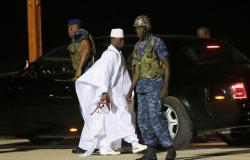Christmas shouldn’t be white in the plains this year either: although light snowfall could occur north of the Alps during the night of December 24 to 25, it will in principle not stay on the ground. A situation that has become usual with warming.
In most lowland localities, the last white Christmases date back more than 10 years, indicates Friday the Meteosuisse blog. In Basel and Neuchâtel, the last snow at Christmas fell in 2010. Bern experienced its last white Christmas in 2014.
Mostly dry weather
This year, on Christmas Day, the weather will remain mostly dry and partly cloudy north of the Alps, with temperatures between -1 degree and 3 degrees. It will also be dry on St. Stephen’s Day, with temperatures between -2 and 2 degrees.
The south of the Alps will not be more spoiled, with temperatures up to 13 degrees on the 24th and 10 degrees on the 25th, and equally dry weather. In the west, light precipitation is possible locally on December 24. With temperatures between 0 degrees and 5 degrees, however, snow is unlikely. Christmas and St. Stephen’s Day will be dry.
Rare on the Plateau
According to statistics over several years, the probability of snowfall on Christmas days is only 25% in French-speaking and north-western Switzerland. In the South, you can even expect a green Christmas in 80% of cases.
![The traditional Christmas market on the Abbey Square of Einsiedeln (SZ) in snowy weather, Sunday November 28, 2021. [KEYSTONE - URS FLUEELER] The traditional Christmas market on the Abbey Square of Einsiedeln (SZ) in snowy weather, Sunday November 28, 2021. [KEYSTONE - URS FLUEELER]](https://euro.dayfr.com/content/uploads/2024/12/20/0646a15265.jpg)
In the mountains, on the other hand, green Christmas celebrations have so far been rare. In Davos, at 1600 m above sea level, there has not yet been a single Christmas without snow since measurements began in 1931. In 2016 only, December 24 remained green, but a few centimeters fell the next day, Christmas Day.
![Christmas under the snow in Davos (GR) in 2007. [KEYSTONE - MARTIN RUETSCHI] Christmas under the snow in Davos (GR) in 2007. [KEYSTONE - MARTIN RUETSCHI]](https://euro.dayfr.com/content/uploads/2024/12/20/4586cda13a.jpg)
response
Local
Swiss

